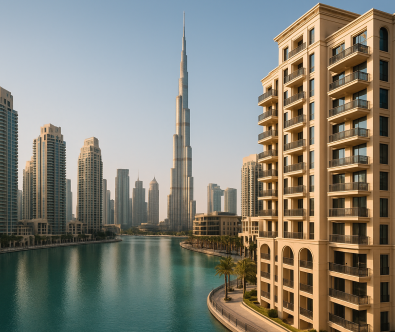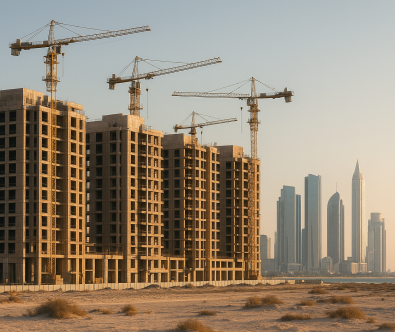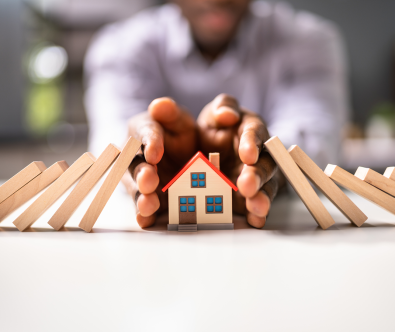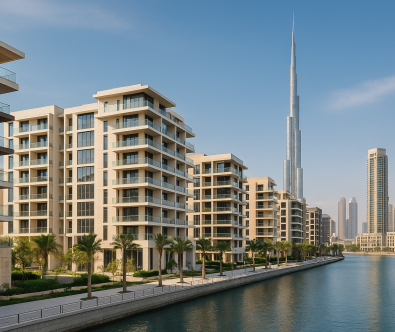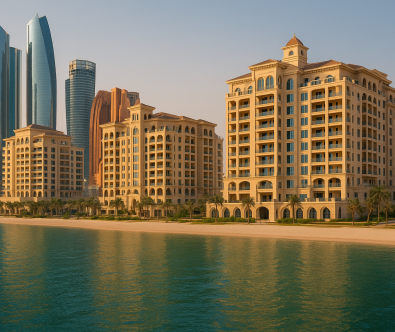What is the United Arab Emirates Sustainability Drive? Revolutionizing Real Estate, Manufacturing, Water Conservation, and Beyond.
The United Arab Emirates, a nation synonymous with opulence and luxury as well as a leader in economic diversification and technological advancements in the Middle East, is now paving the way as a global leader in sustainability and clean energy development.
By embracing sustainable projects and facilitating national environmental initiatives, the UAE aims to accomplish a variety of national objectives such as:
- Placing itself as a Global Leader on the world stage by innovative research and inviting discussions with governments, scientists, and activists worldwide.
- Diversifying its economy by shifting towards to clean energy industries that has proven to provide economic opportunities,
- Reducing its carbon footprint and energy consumption by investing in Renewable Energy technologies and implementing Water Conservation strategies,
- Preserving and protecting the UAE’s diverse ecosystems and cultural heritage, as well as ensuring a better quality of life for all inhabitants in the country)
COP 28 a leading step towards a sustainable future
Driven by a commitment to sustainable responsibility, the UAE aims to place itself as a pioneer in the global environmental revolution as evident in its latest milestone in hosting the COP 28 held in Dubai, marking a significant step in global climate action and accelerating the transition to a low carbon economy.
The 28th United Nations Climate Change Conference invited nearly all the world’s nations in which includes the 197 member countries of the United Nations Framework Convention on Climate Change (UNFCCC) as well as non-governmental organizations, youth groups, and climate scientists from all around the globe.
2030 and 2050 Resolutions: A vision into the future
In the COP 28 event, The UAE announced its commitment to sustainability in its various long-term ambitious strategies with 2 notable milestones that they seek to achieve in the near future:
The first is the UAE’s Green Agenda 2030 launched in 2023 which aims to reduce emissions through sustainable development in the nation from 430 kilowatt-hours to less than 100 kilowatt-hours by 2030. The plan also aims to increase the UAE’s GDP by 4 to 5 percent and increase its diversified exports by 24 to 25 billion.
Even more impressively is the UAE Net Zero 2050 initiative by committing to achieving net zero carbon emissions by 2050. Achieving climate neutrality and fully transitioning into a low carbon economy would allow for a more divers energy mix combining multiple clean energy sources such as nuclear energy, renewable energy (solar and wind energy), and hydrogen energy to fulfill the UAE’s environment and economic transitions by 2050:
- 44% Clean Energy
- 38% Gas
- 12% Clean Coal
- 6% Nuclear Energy
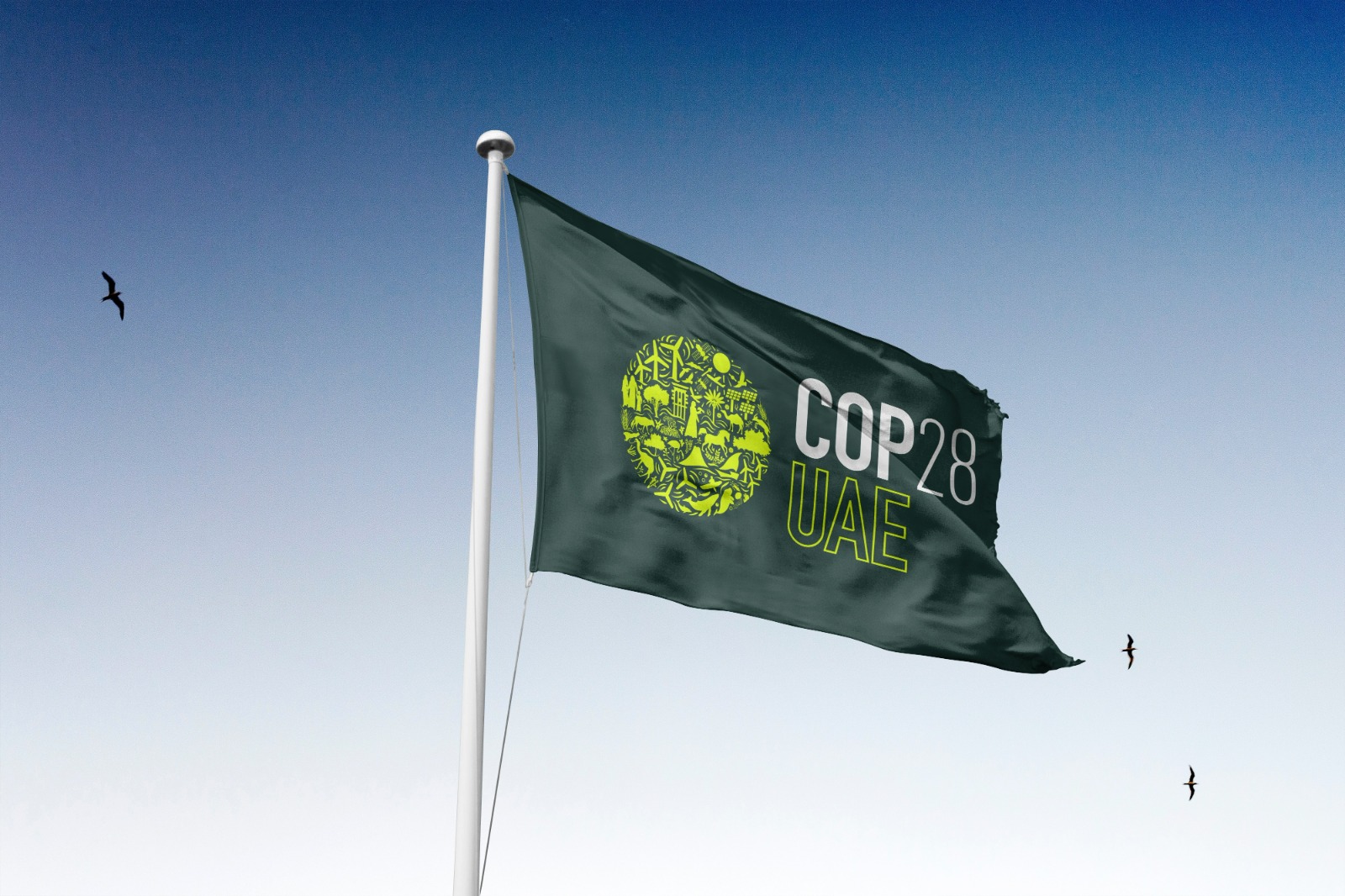
Embarking on this journey has allowed the UAE to make significant strides in revolutionizing its own energy sectors, real estate, water management, waste management, finance, and various other sectors.
With sustainable innovations emerging across all market sectors, the UAE has facilitated each industry and ensured a healthy growth of ideas and funds.
Sustainable Real Estate solutions
The Real Estate sectors in Abu Dhabi and Dubai are at the forefront of this sustainability revolution.
Construction companies driven by an awareness of environmental responsibilities and an environmentally conscious consumer market lays the groundwork for government investments in green building practices
The UAE has taken steps to embrace internationally accepted programs such as the LEED (Leadership in Energy and Environmental Design) and BREAM (Building Research Establishment Environmental Assessment Method) in which sets rating systems indicating whether a development was designed and constructed up to standard with environmental recommendations.
The UAE itself has also taken a step further and developed its very own Estidama Pearl Rating System (PRS) implemented by the Abu Dhabi Urban Planning Council to evaluate its own construction projects. The system is split into seven categories with mandatory and optional credits that can be earned, and to achieve 1 Pearl Rating a project must abide by all mandatory credit requirements.
All construction projects must achieve a minimum of 1 Pearl ratings to receive approval from the planning and permitting authorities with Government funded buildings having to fulfill a minimum 2 Pearl ratings.
These certifications give credits based on green building practices such as:
- Energy Efficiency: The focus on energy-efficient design, renewable energy integration, and advanced building management systems using innovative technologies such as solar and wind energies which will lead to significant reductions in energy consumption.
- Sustainable Materials: The use of sustainable and locally sourced materials minimizes the environmental impact of construction enabling the use of energy efficient buildings. Strategies in construction can use sustainable materials, optimize insulation and thermal performance within a building which would in turn lower energy consumption and reduce greenhouse gas emissions.
- Green Urban Planning: Sustainable urban planning principles are applied to create eco-friendly and resilient communities which would encourage heathy lifestyles and improve quality of life of all members.
- Water Conservation: Innovative water management strategies, including water recycling and efficient irrigation systems can power desalination plants.
The UAE's commitment to sustainability is not only driven by environmental concerns but also by economic benefits. Green buildings offer long-term cost savings through reduced energy consumption and increased property values. Additionally, sustainable practices contribute to a better quality of life for residents by improving air quality and creating healthier living environments.
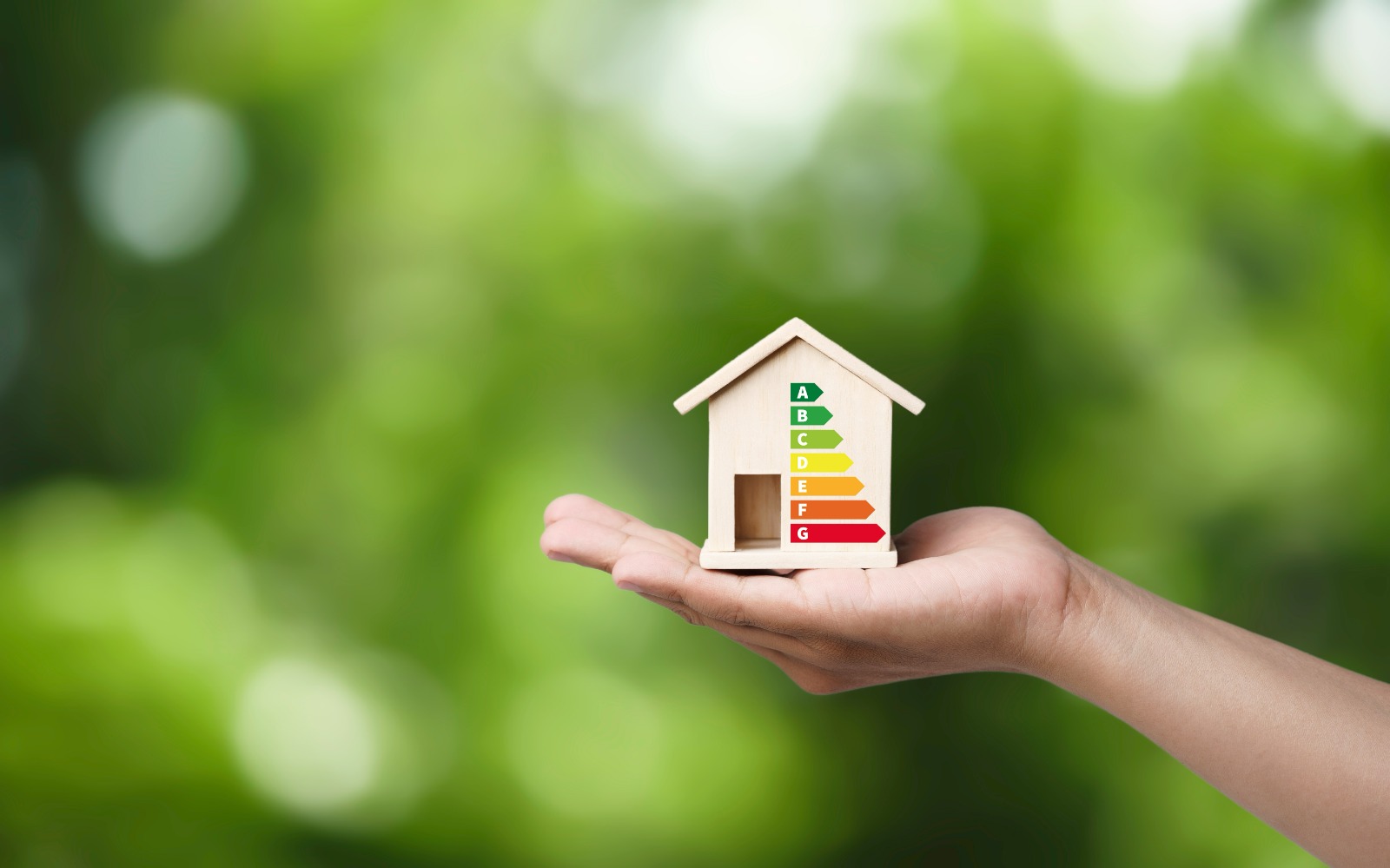
Masdar City
Masdar City stands as an icon of Abu Dhabi’s commitment to sustainability. This sustainable real estate initiative, launched in 2006, is designed to be one of the most sustainable urban communities in the world. The project incorporates renewable energy technologies and advanced recycling systems. The pedestrian-friendly layout reduces reliance on vehicles. It emphasizes sustainable living and the possibility of reducing carbon footprints. With 7 projects located in Masdar City, Reportage leads the way as a key developer in the world’s capital of sustainability.
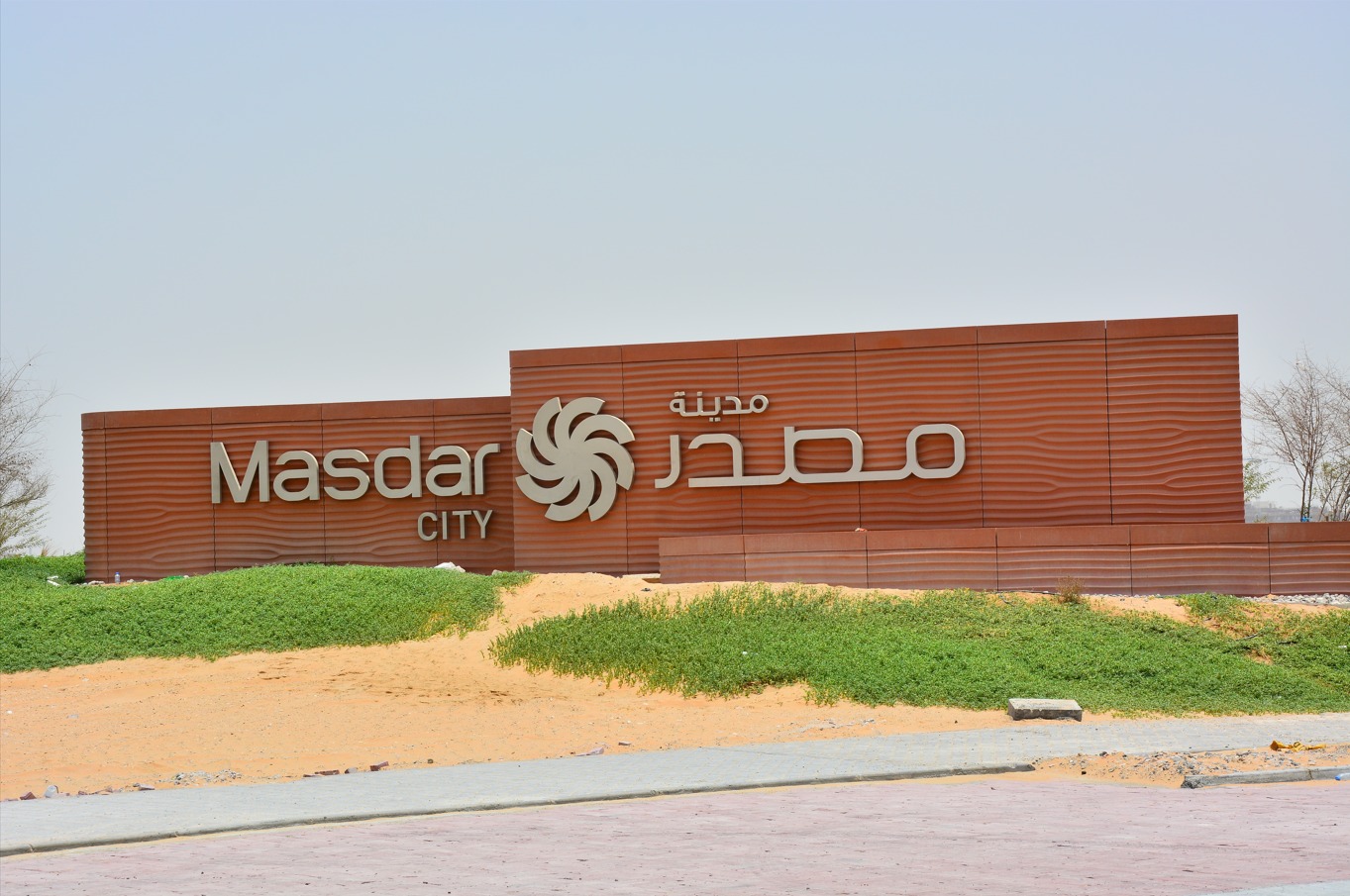
Advancements in Sustainable Manufacturing
The sustainable revolution in Abu Dhabi has transformed its manufacturing sector. Local manufacturing companies have adopted innovative technologies and sustainable practices to lower the environmental impact through production and manufacturing.
Major manufacturing units implemented energy-efficient smelting techniques to reduce energy consumption and adopted comprehensive recycling methods. Their investment in renewable energy solutions has helped to reduce the carbon footprints.
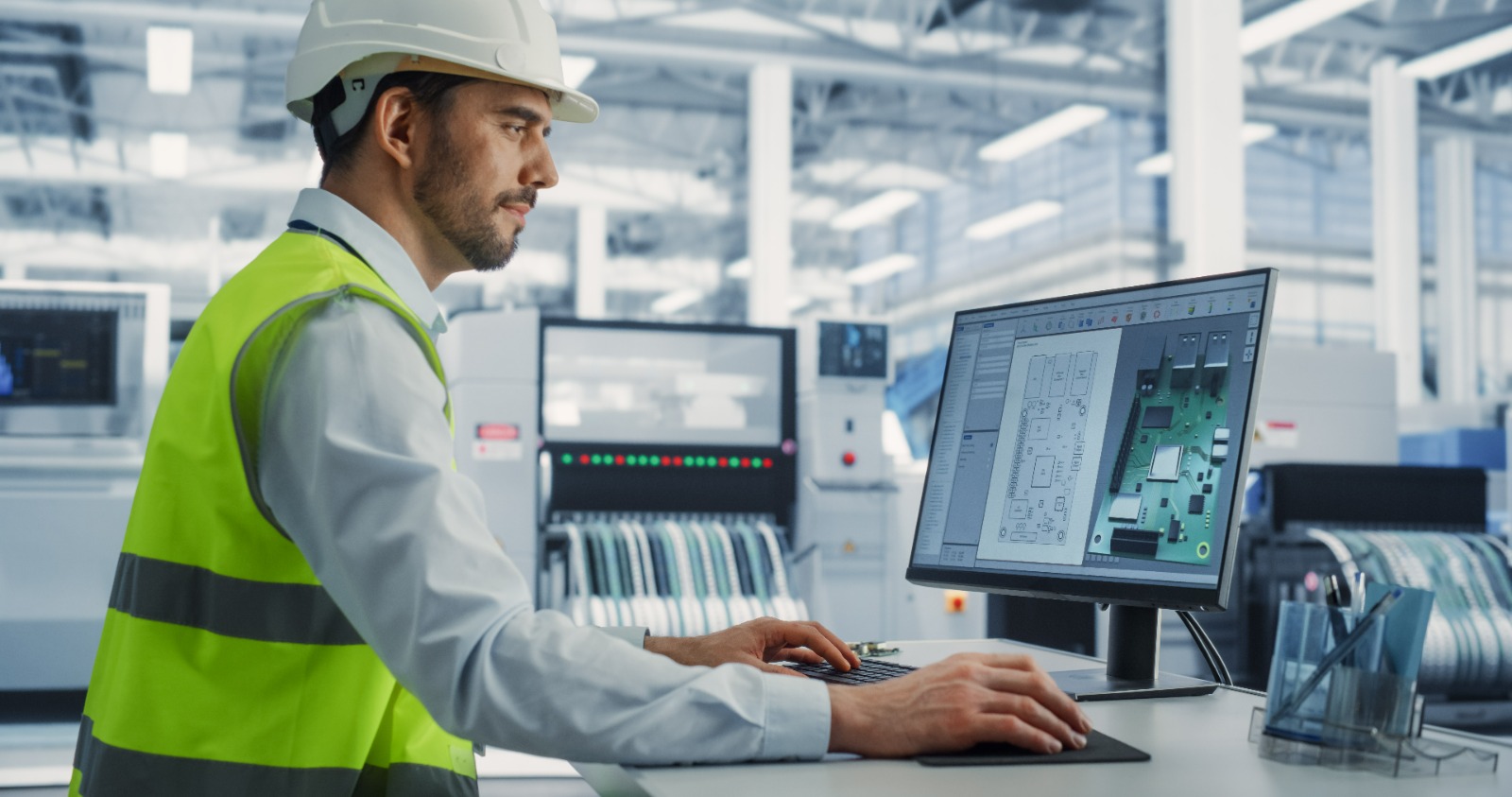
Author: Abdulla Damen


